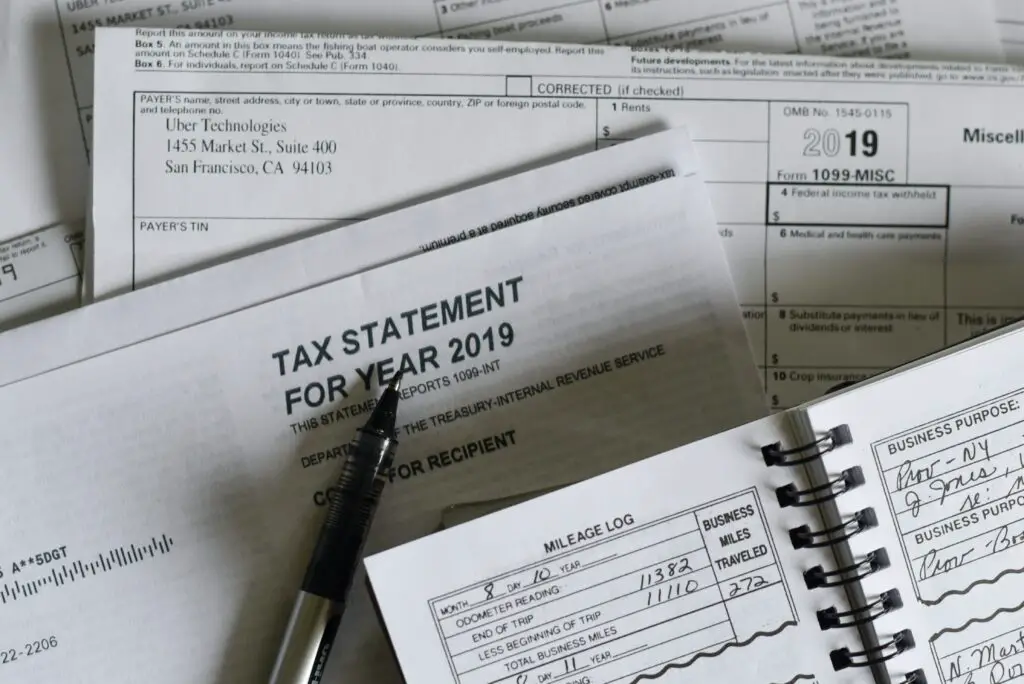So many immigrants make their way to Denmark on Schengen visa each year and end up joining the country’s labor market. Whether one comes as a student, seasonal worker, accompanying family, family reunification or asylum seeker, at some point, working comes in. With working in Denmark comes the question of filling tax returns and law demands on you as a resident worker in Denmark.
Trust you me, so many struggle to really understand what the tax laws require of them as foreigners working in Denmark. Unfortunately, not understanding the Danish tax regulations and requirements may easily expose you to a lot of fines and other legal issues that end up ruining the smooth stay in the country.

To set records straight, once you live in Denmark and get a CPR number, you automatically become liable to pay tax on all incomes earned in the country. It doesn’t really matter whether your income is from Tax card A, Tax card B or business sources. You and your employer have a duty to pay all necessary taxes in time.
Who must pay taxes in Denmark?
If there is any one thing that the Danish authorities are very strict on then its tax payment from individual and business income. In fact, the level of scrutiny that the Danish tax authorities and other relevant agencies perform ensures that nobody escapes meeting tax obligations. So on the tax issues in Denmark, one really needs to get it right from day one of receiving the residence permit.
To be forthright and spot on, anyone from any country having a residence permit and working whatever kind of job in Denmark is tax liable in Denmark. There’s no exception in Denmark when it comes to tax payment and this is what so many immigrants fail to understand, ending up in an ugly mouse and cat game with the tax authorities-but of course it’s the individuals who eventually lose.

Remember, it’s the taxes that individuals and companies pay in Denmark that make it easy for the government to smoothly keep operations. The celebrated social security system run in Denmark is largely thanks to the tax diligence by those who have such an obligation. So, as part of being a good citizen, paying taxes shouldn’t ever be a bargain. After all, you really get to see your taxes working for you in many ways including proper healthcare systems, good roads, family benefits, child benefits, well equipped education systems et cetera.
Categories of tax obligation in Denmark
For the purposes of clarity, people with residence attachment or interests in Denmark have a duty to pay taxes that match their category. Of course the taxation system in Denmark is progressive which means that those who earn more actually have to pay more taxes.
Full tax liability in Denmark
Full tax liability in Denmark is the highest level of tax obligation that any person or entity has. Here, you need to be ready to pay full taxes. Meaning, all incomes earned in the form of salary and capital within and outside Denmark are fully subject to taxation in Denmark. This kind of full tax liability accrues to people who have lived in Denmark for six months and more consecutively.
Limited tax liability
People who work in Denmark but live in their home country or a country outside Denmark are subject to limited taxation. Typically such people with limited tax obligations shuttle between Denmark and their home country. The same extent of limited taxation applies if such a person has personal and economic interests in Denmark.
You can also read more on dual residency tax obligations here .
Tax card A and Tax card B in Denmark
Getting housing, bank account, CPR and yellow card in Denmark really matter for your smooth stay. But, a tax card assigned also counts as another key component of getting into the Danish system. Knowing way too well that working in Denmark has to be documented and employees duly sign all necessary papers to make the contract official, tax payment must be done effectively.
You will from time to time hear people talking of Tax card A and tax B especially within the months of March and April when filing returns and getting payback on taxes happen in Denmark. Actually, the keen and effective manner in which the tax agency handles taxes and records in Denmark really comes to bear when people end up getting so many refunds or those who paid less receive claims. Like, everything is so clearly and transparently documented that not the tax agency or entity with tax obligations need to get into any unnecessary quarrels.
Though not many may say this, to live a financially free life in Denmark, many people, immigrants included take extra jobs. You will basically have your main job for which the employer sends taxes to tax agency then you have another side job. It is at this point that tax card type becomes relevant.
Filling tax returns for Tax Card A in Denmark
Tax card A means income tax record attached to your non-taxable income. Denmark, like any other responsible country, minds about the welfare of its people and allows them people to earn a minimum income. No taxes have to be levied on such minimum incomes.
This tax free income is what they call fradrag or the tax-free monthly amount. Taxes only apply to money earned above this tax free income. Basically, this tax card A draws from your main job where you earn the most income.
Filling tax returns for tax card B in Denmark
Tax card B as used in Danish taxation system means primary income. It relates to any income on which tax and labor market contributions haven’t so far been deducted. It mostly becomes relevant for freelancers, business people and online workers whose employers do not first withhold the necessary taxes prior to paying them out.
Meeting the requirements on tax card B calls for utmost honesty and full declaration. As much as the employee may have not withheld the necessary taxes, records of payment can be found somehow. Such records will as a procedure be matched against your tax remittances when a dispute arises. A discrepancy would mean you did not really comply with tax demands and so a penalty may be issued.
